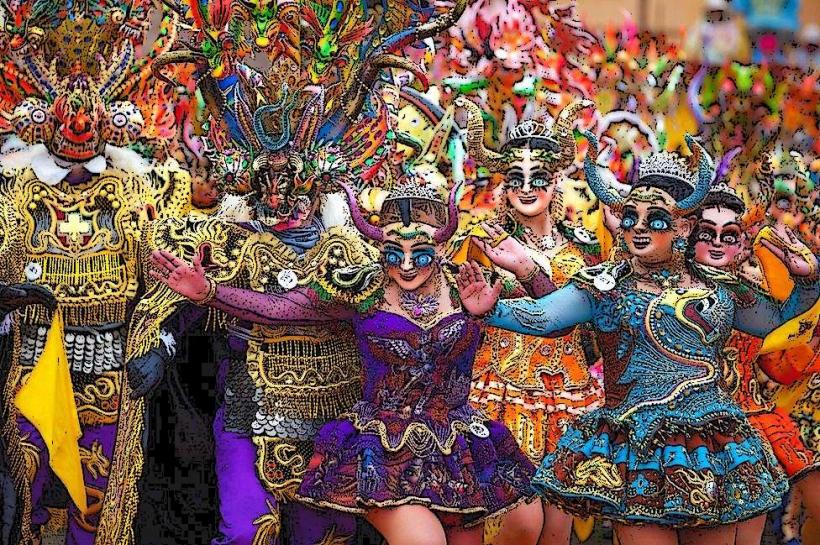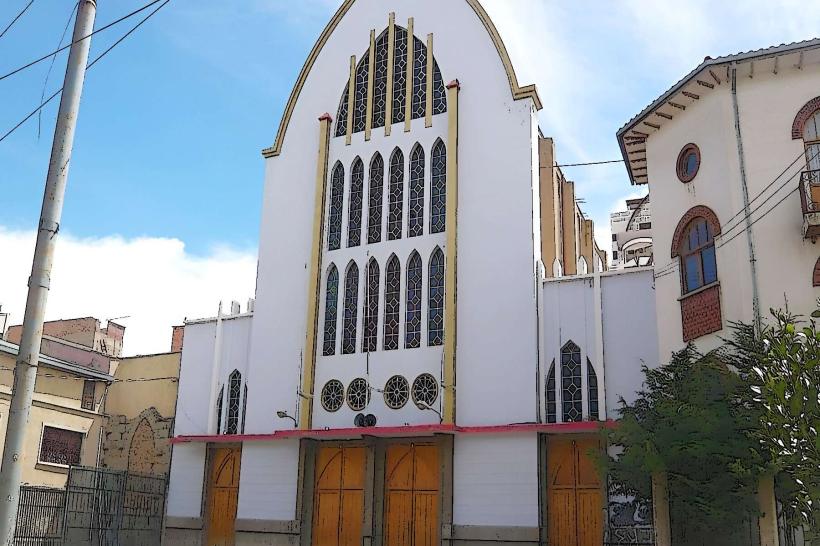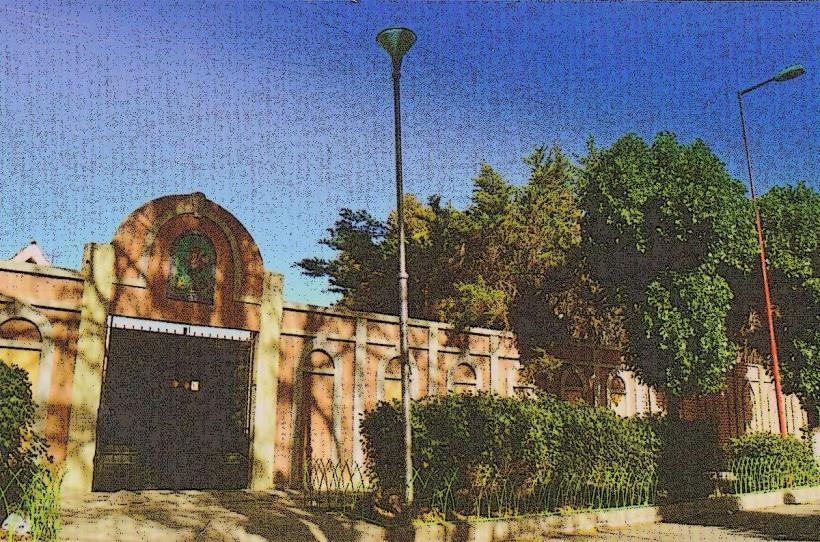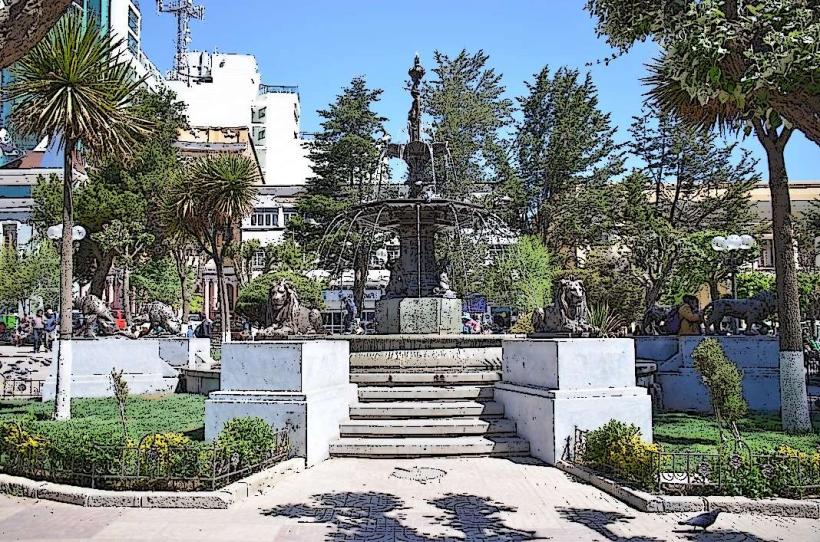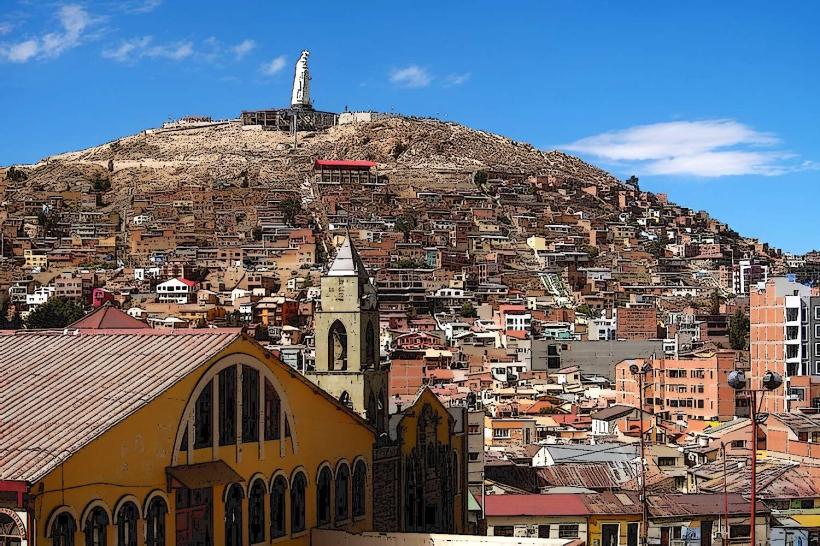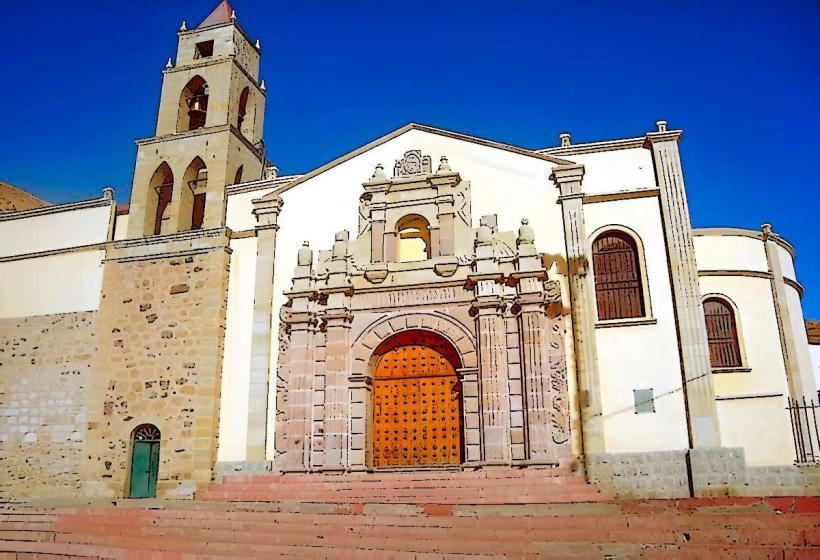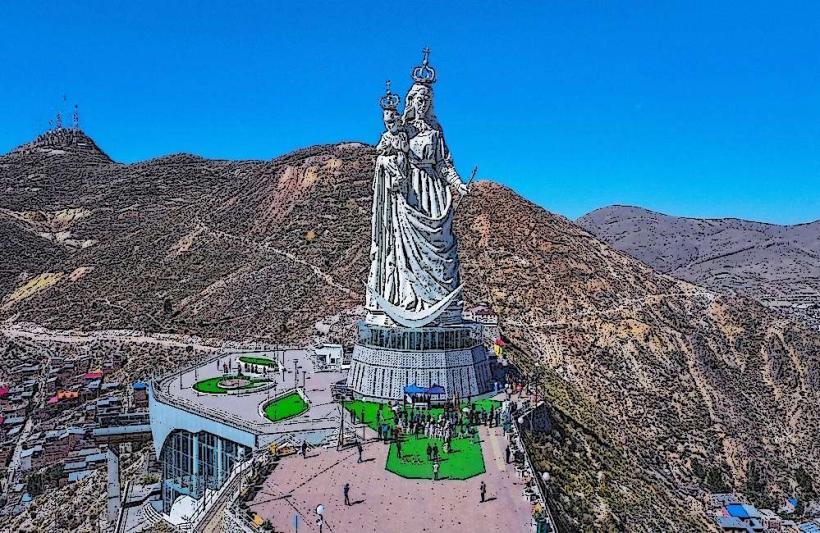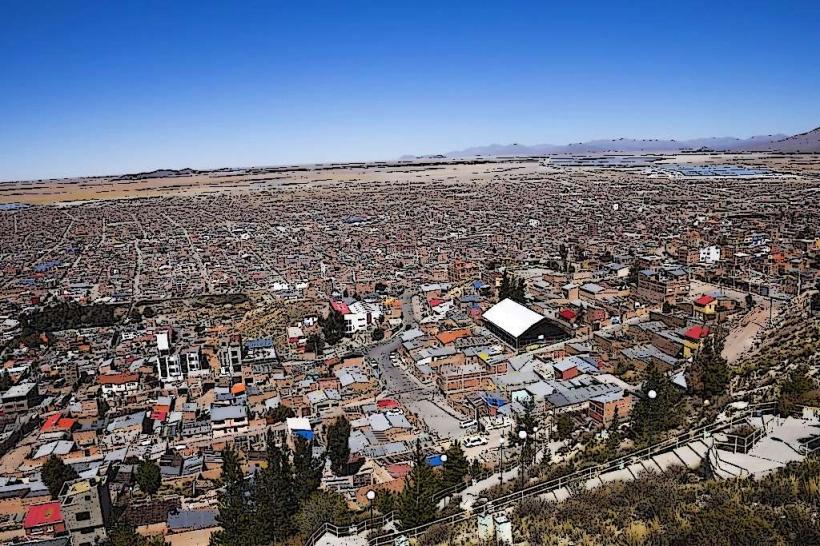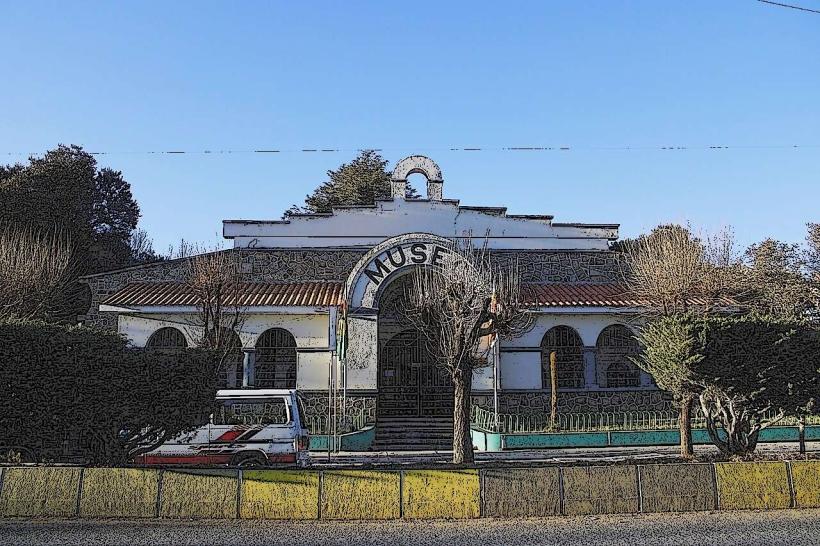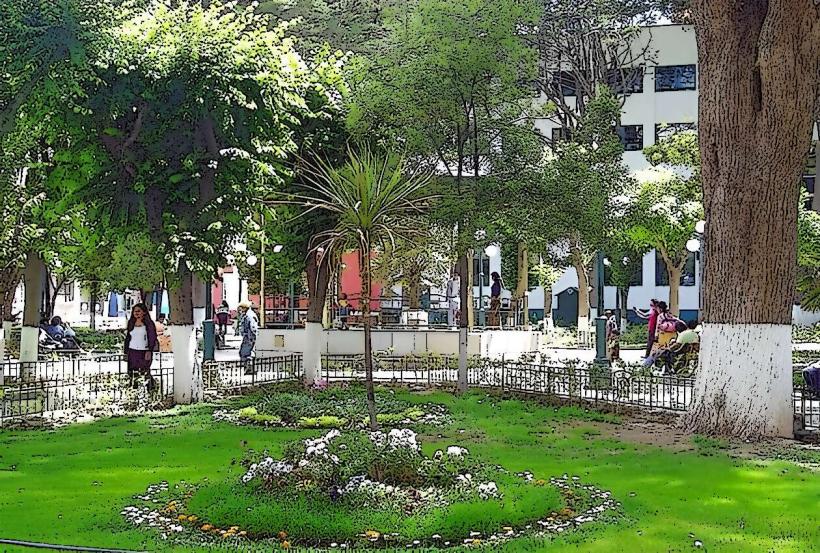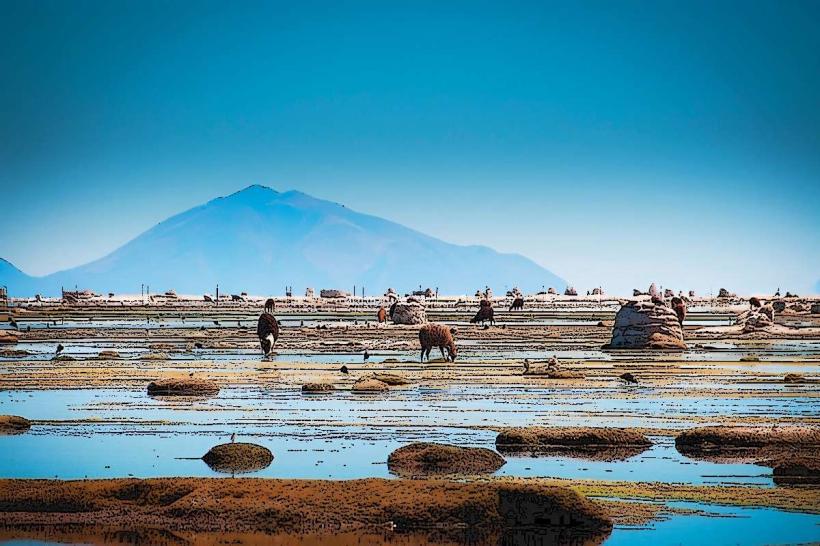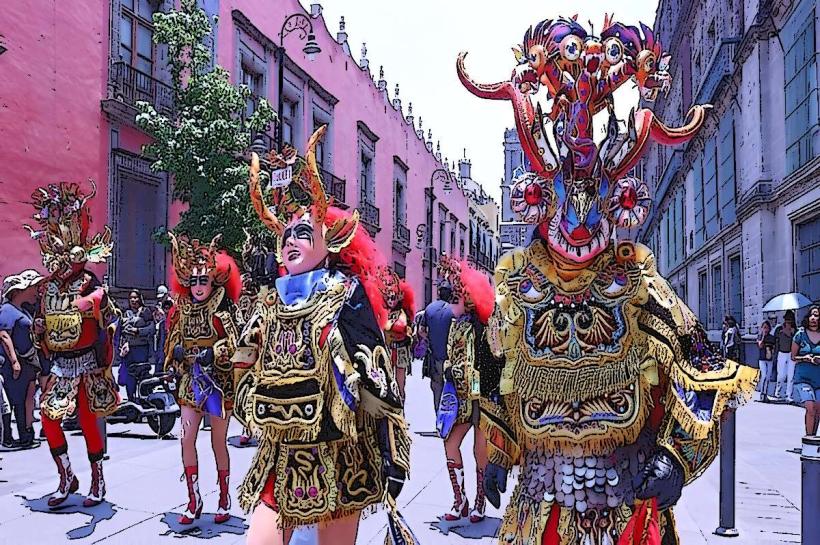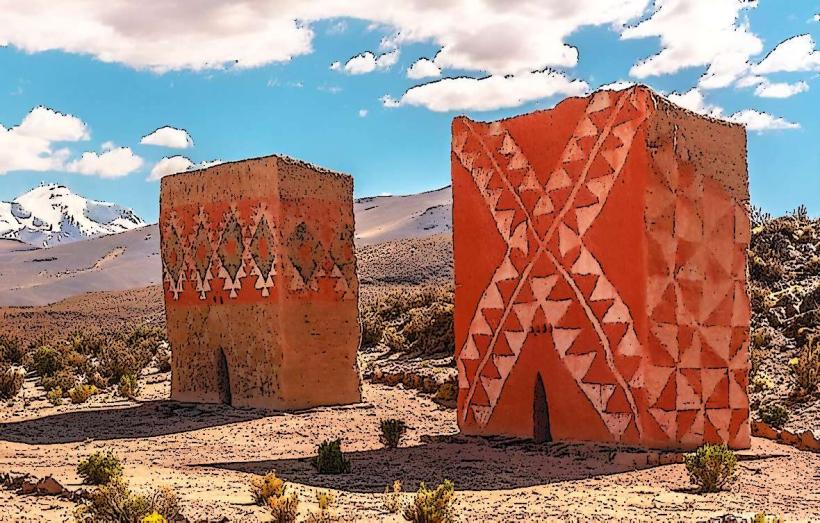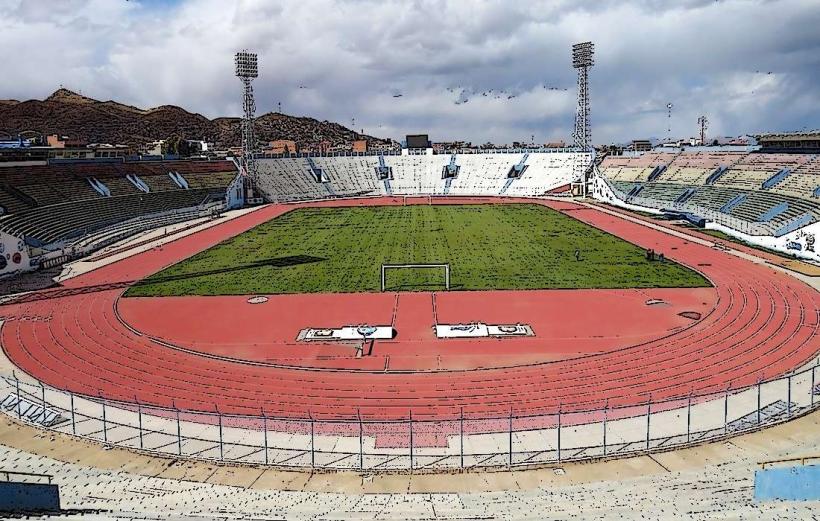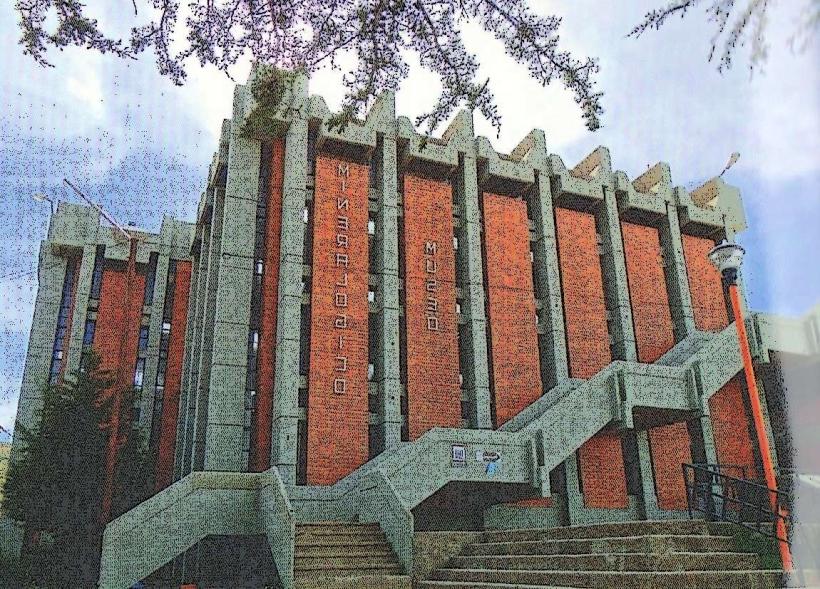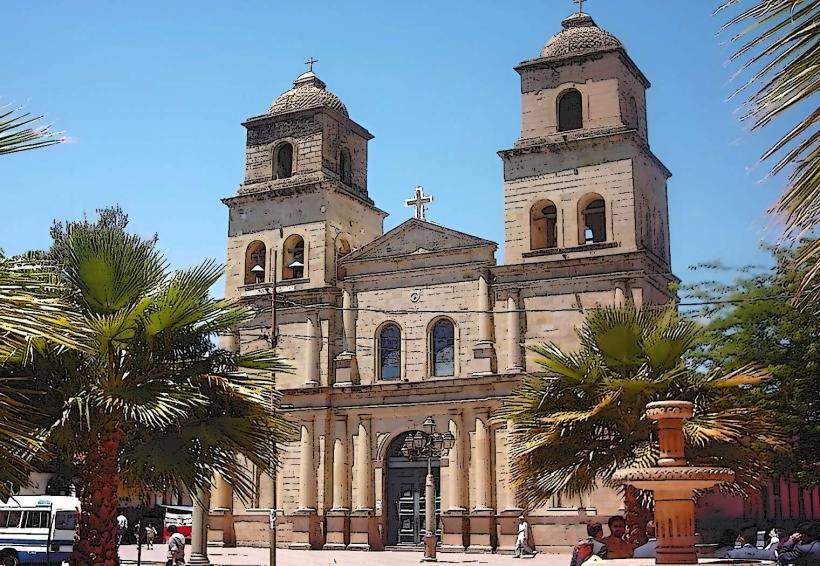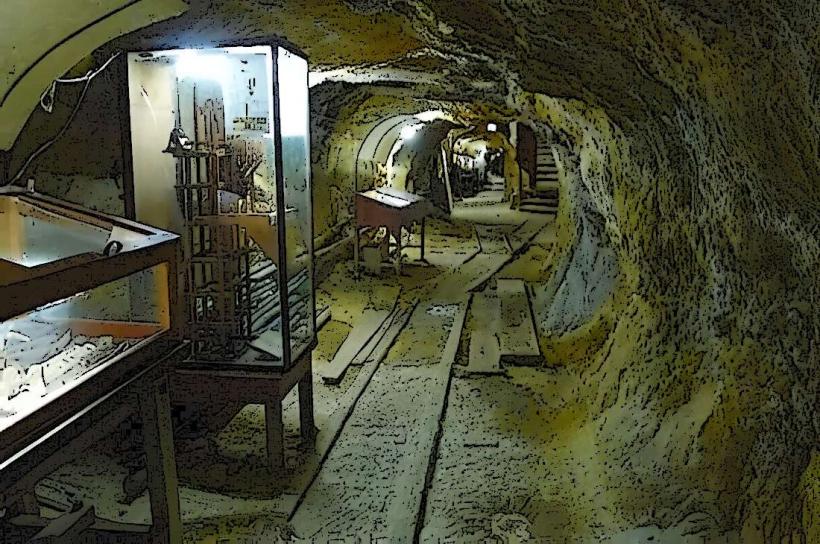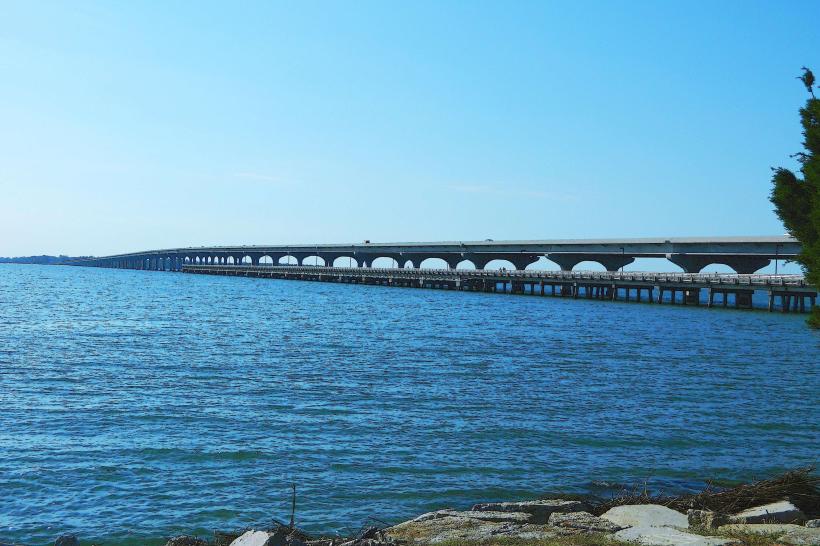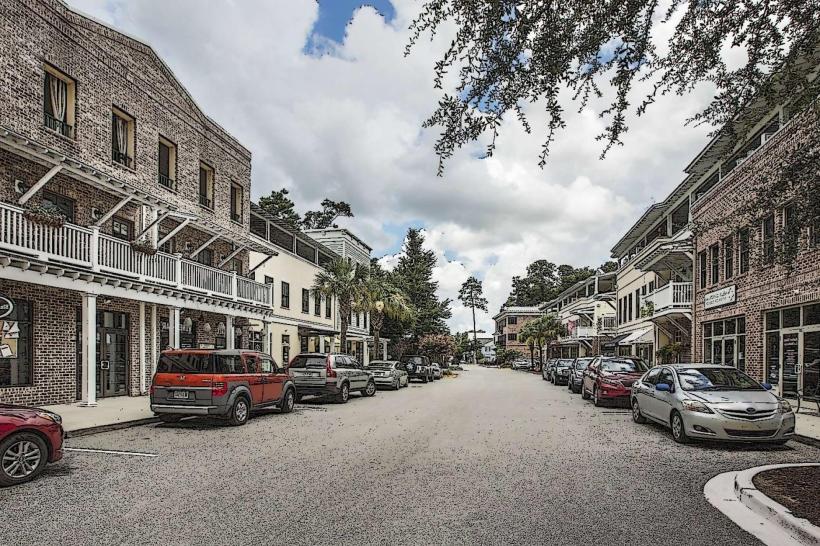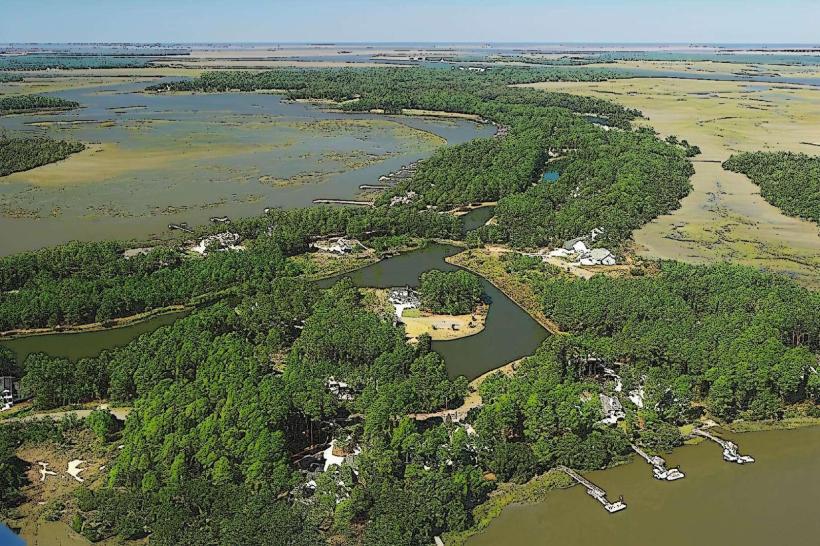Information
Landmark: ChallapataCity: Oruro
Country: Bolivia
Continent: South America
Challapata, Oruro, Bolivia, South America
Overview
Challapata: A Historic and Agricultural Town in Oruro, Bolivia
Overview
Challapata is a small yet historically significant town located in the Oruro Department, Bolivia. It is known for its strategic location, rich agricultural economy, and deep-rooted cultural traditions. Situated along the Pan-American Highway, Challapata serves as a key connection point between the cities of Oruro and Potosí, making it an important commercial hub for the region.
The town is famous for its livestock trade, particularly llamas and cattle, and is home to vibrant festivals, indigenous heritage, and colonial history.
Geographical and Climate Features
- Location: Southern Oruro Department, Bolivia
- Altitude: Approximately 3,700 meters (12,139 feet) above sea level
- Climate: Cold and dry, with warm summers and chilly nights typical of the Andean Altiplano
History and Cultural Significance
Challapata has long been an important settlement due to its fertile lands and proximity to trade routes connecting different regions of Bolivia. It has historically served as a center for indigenous communities, including the Aymara and Quechua peoples, who still maintain their traditions in the area.
During Spanish colonization, Challapata played a role in agriculture, mining support, and trade, which influenced its economic and social development.
Economic Activities
Challapata's economy is based on:
1. Agriculture and Livestock Farming
- One of the largest cattle and llama markets in Bolivia, held weekly and attracting buyers from across the country.
- Quinoa production: The region produces high-quality quinoa real, a prized variety known for its nutritional value.
- Potatoes, barley, and alfalfa are also commonly grown.
2. Trade and Commerce
- The town is an important market center where farmers and ranchers from surrounding areas gather to sell livestock and agricultural goods.
- Due to its location on the Pan-American Highway, it serves as a trade link between Oruro, Potosí, and La Paz.
3. Mining Support
- While Challapata itself is not a mining town, it provides food, labor, and supplies to nearby mining centers in Oruro and Potosí.
Cultural and Festive Traditions
Challapata celebrates several traditional festivals throughout the year, showcasing Bolivian folklore, music, and indigenous customs.
1. Virgen del Rosario Festival (October)
- One of the town’s most important religious and cultural events.
- Features parades, traditional dances, and music dedicated to the Virgin of the Rosary.
- Locals and visitors participate in processions and celebrations that blend Catholic and Andean traditions.
2. Rodeo and Livestock Fairs
- Annual fairs and events focused on the trade of cattle, llamas, and sheep.
- Include rodeo competitions, livestock exhibitions, and artisan markets.
3. Oruro Carnival Connections
- Although the Carnival of Oruro is the most famous in the region, Challapata also hosts pre-carnival events and folk dance performances.
Tourist Attractions in and Around Challapata
Iglesia de Challapata
- A colonial-era church featuring traditional Andean and Catholic influences.
Surrounding Andean Landscapes
- The town is surrounded by beautiful Altiplano scenery, including mountains, rivers, and grazing lands.
Proximity to Lake Poopó (Formerly One of Bolivia’s Largest Lakes)
- Although Lake Poopó has significantly dried up due to climate change, its surrounding areas still hold ecological and historical importance.
Challenges and Future Development
- Climate Change: Droughts and changing weather patterns have affected agriculture and livestock.
- Infrastructure Needs: While Challapata is well-connected by highway, further development in transport, water supply, and tourism could benefit the town.
- Preservation of Traditions: Efforts are being made to preserve indigenous culture and promote tourism based on the region’s rich heritage.
Conclusion
Challapata remains a vibrant and economically important town in Oruro, known for its livestock markets, agricultural production, and cultural heritage. Its strategic location, historical roots, and indigenous traditions make it a fascinating place that continues to evolve while maintaining its Andean identity.

